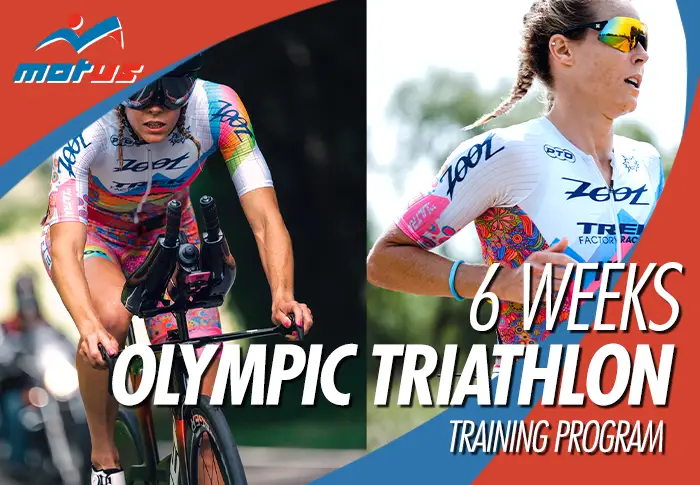
Many of us would like to live the life of a professional athlete. Every aspect is programmed according to sporting performance: training, nutrition, sleep and rest.
But not being professionals, we have to adapt our training to busy modern lives, which usually include a home life, a work life, and a social life, and so on.
When you realize that you don't get paid to train and that your life includes many extra-sports commitments, you often have to sacrifice the amount of training you do.
This doesn't mean giving up and not challenging yourself, but you need to be well organized and rigorous in managing the time you dedicate to training
This six-week plan is suitable for those who only have 1 hour to train each day of the week and have a little more time available on the weekend.
You must be very good at time management, know how to divide the day and treat training sessions as appointments not to be missed.
Since training cannot last too long during the week, it is essential to focus more on the intensity of the sessions, making them more vigorous and challenging.
Competing in the Olympic triathlon requires absorbing fairly high levels of effort. Interval and pace sessions during the week help you get used to that uncomfortable feeling, while dedicating the weekend to that longer endurance session helps maintain the right balance between covering the distance and doing it to the best of your ability.
This training plan is varied but well balanced between the amount of swimming, cycling and running needed. If there was one key session not to be missed during the week, it would be the multi-brick (combined workouts), which prepares you for the race, simulates that feeling of being at the maximum limit and running away from the bike to evaluate your best pace.
Always include a warm-up and cool-down in each session. Warm-up = 5-8 minutes of gradual intensity from easy to vigorous. Cool down = 3-5 minutes of easy cardio followed by stretches
Before reading the training table, here are 4 general tips for the Olympic distance
1. Structure is key
Time is precious, so make sure you structure the sessions into your day like an appointment. If possible, get up early and get them done before life gets in the way.
2. Fuel
Practice drinking and taking energy products on the go. You don't want to waste time stopping to refuel. Experiment to find the best form of nutrition.
3. Swim with others
Prepare for the physical nature of open water swimming by practicing with others. Get used to swimming very close to people. Try not to let it upset you. Be strong!
4. Don't forget the combined workouts (brick)
Focus on improving the way you transition from cycling to running. Determine your best running speed for the first mile to stay consistent. Multi-bricks are really useful for this.